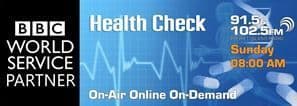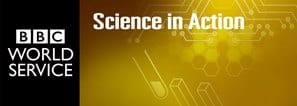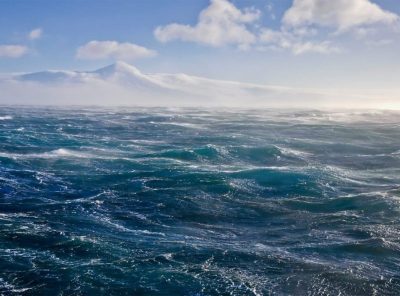The painless heart
Do you know what a painless heart is? Dr Mitch Lomax is a sports scientist at the University of Portsmouth.
She helps actual Olympic swimmers get faster. She explains how most of the muscles attached to our skeletons work: Tiny fibres use small-scale cellular energy, which, when all these fibres work in concert, turns into a visible muscular movement.
Mitch also explains how the dreaded Delayed Onset Muscle Soreness, or DOMS, can hit, taking a stair-wincing 48-72 hours to peak after exercise. But skeletal muscles turn out to be quite different to heart muscles, as consultant cardiologist Dr Rohin Francis explains.
Heart cells are more efficient and don’t get fatigued like skeletal muscle cells.
They are extremely energetic and ‘just want to beat’. He also explains that the sensory feedback from the heart muscles is different too. They have a different sort of nerve supply, with fewer sensory nerves, so that there is less chance of pain signals being sent to the brain.
However, heart cells’ incredible abilities are counterbalanced by one Achilles-like flaw: They cannot easily heal.
Professor Sanjay Sinha is a British Heart Foundation (BHF) Senior Research Fellow and a Professor in Cardiovascular Regenerative Medicine at the University of Cambridge.
His job is to fix broken hearts and he explains to Adam how new research into stem cells could be used to fix normally irreparable heart cells.
Did you know the cheetah, which at just under 2 metres long, is the world’s fastest land animal capable of reaching speeds of over 100km and an hour in 3 seconds, but for how long?
Producer – Jennifer Whyntie and Fiona Roberts Presenters – Hannah Fry and Adam Rutherford
A slippery situation
‘What is the slipperiest thing in the world?’
asks 8-year-old Evelyn?
‘Why do my feet slip on a wet floor but when my feet are even slightly moist it’s nearly impossible to put on a pair of socks without falling over and cursing the universe.
What is going on here?’
asks Evelyn’s Dad, Sam.
Listen to A slippery situation
This programme is available NOW on Demand on the BBC Discovery Page and is available until Tuesday the 25th of January. It will also broadcast on Sunday the 23rd January in Phuket at 8:30 AM on 91.5 FM and 102.5 FM and Online via the Internet radio portals.
Hannah and Adam investigate the science of friction and lubrication – so-called ‘tribology’ with the help of tribologists and mechanical engineers Professor Ashlie Martini from California University Merced and Professor Roger Lewis from the University of Sheffield. With their help, Hannah and Adam find out why leaves on the line are so slippery, what happens to graphite in space and what is the slipperiest food.
Professor of Materials, Mark Miodownik from University College London explains what’s going on when friction stops two materials sliding past each other and wonders whether the slipperiest substance was actually discovered accidentally in a lab by scientists looking for something completely different.
Also in the programme why the ability to reduce friction, even by minuscule amounts could have a huge impact on sustainability and reduce energy use.
Producers: Jen Whyntie and Pamela Rutherford





